The crematorium operators work non-stop, but the queue of ambulances outside these crematoriums does not cease.
Bengaluru: The rising number of Covid-19 cases have burdened the crematorium workers in the city. They have seen six times the number of bodies than they used to before.
Bengaluru has recorded 4,636 deaths (as of April 22, 2021) due to Covid-19, according to Bruhat Bengaluru MahanagaraPalike (BBMP) War Room dashboard. The surge in these deaths has burdened the crematorium workers in the city.
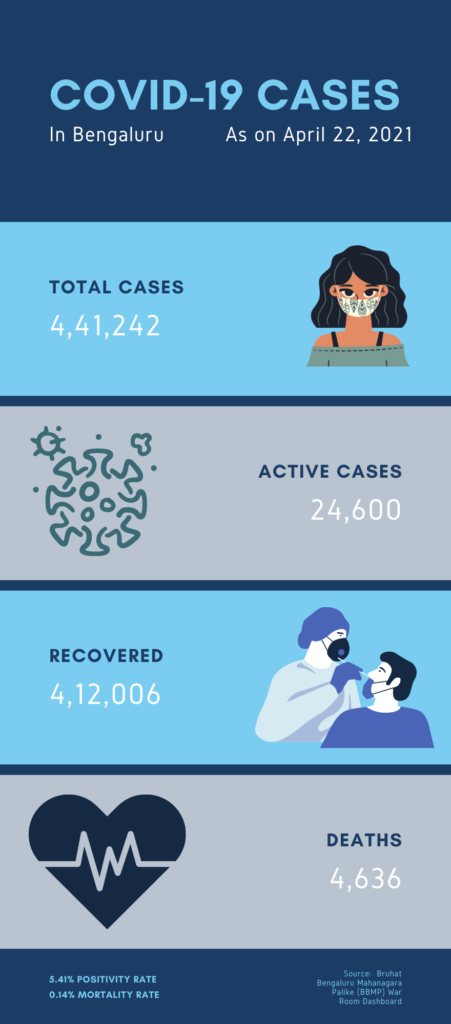
“We cremate 30 to 35 bodies every day,” said Chandu, who operates the Kudlu electric crematorium. “Earlier, the number was only five.”
This number of bodies to be cremated has disrupted the whole cremation process. “The whole process takes one hour and 20 minutes,” said Chandu. The time to cremate the bodies causes long queues to form outside the crematoriums. Ambulances carrying bodies of Covid patients have been lining up outside the crematoriums across the city like ants.
On April 16, 2021, BBMP allowed seven out of their 13 electric crematoriums for cremating Covid bodies. The seven crematoriums are Medi Agrahara, Kudlu, Panathur, Kengeri, Sumanahalli, Peenya, and Banashankari. But even then the pressure on the crematoriums has not decreased.
Revanth, who works at Kengeri crematorium, said that they cremated 20 bodies in one day. Even after continuous work, the queue keeps increasing because the hospitals have no say on where the bodies can go.
“We send the bodies to different crematoriums,” said a doctor from the Gollahalli Primary Healthcare Centre (PHC). It depends upon the area where the body is. That determines which crematorium the body would be taken to. “We send the bodies to the BBMP. After that, it is their duty as to where they send the bodies.”
“The doctors put pressure on us to work faster,” said Renukesh, an operator at the Kengeri crematorium. One body takes one and a half hours to get cremated. The crematorium workers work non-stop, but the numbers keep on piling up.
“The process starts at around 10:30 am,” said Renukesh. The doctors start sending the bodies around 10:30 am and that’s when the crematorium starts working. “We are usually free in the mornings,” he said. But, once they begin the cremation process, then it goes on till midnight.
The paperwork at the hospital takes very long to be finished and that is the reason that the bodies take long to reach the crematoriums in the morning, said Renukesh.
Additionally, pressure comes from other quarters.
“People from influential families ask us to give them preference over others,” said Renukesh. This increases the pressure of the work on the workers. Six people work at the Kengeri crematorium. The hospitals in the RR Nagar zone send the bodies to the Kengeri crematorium.
All crematoriums working under BBMP have two-burner machines (Burner Machine A and Burner Machine B). This means that a total of 14 furnaces in the city are working towards cremating Covid-19 bodies.
Experts feel that building new crematoriums would not be a good investment for the future.
Mr Virender Kairon, an Urban Planner said, “The present times might require more crematoriums, but in the long run, these are a waste of land.” The government does not have enough land, he said. However, one solution would be to build crematoria closer to hospitals.

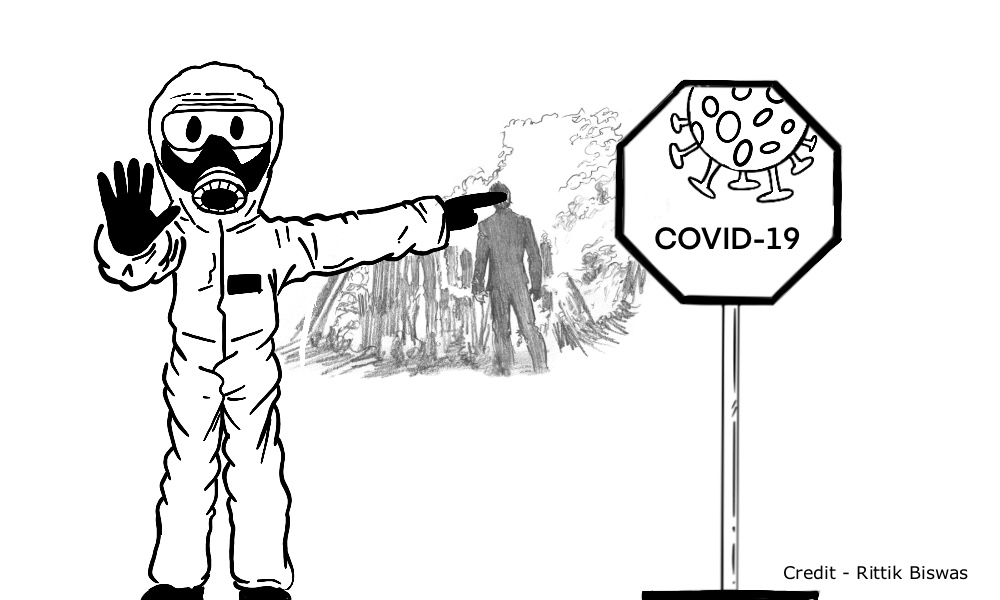
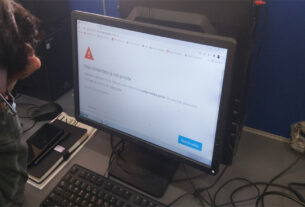
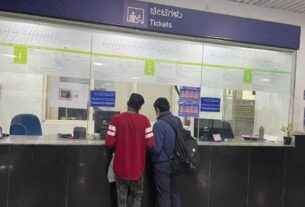
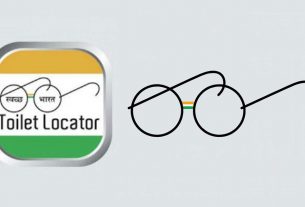
This is the issue of every city of India…… covered in nice way……well done
Good coverage. Keep it up